Join the community
Thought Leadership Centre
Most Read
1. Singapore to slash CDC vouchers in Budget 2026: analysts 2. UOB set for growth as DBS, OCBC earnings hold steady: report 3. HDB launches 9,012 flats in February BTO and SBF exercise 4. Daily Markets Briefing: STI up 0.43%; Top stock is Wilmar International Limited 5. Daily Markets Briefing: STI up 1.06%; Top stock is SingtelResource Center
Awards
Apr
14
Event News
Singapore Business Review Management Excellence Awards 2025 Winner: Moninder Jain of Logitech Singapore Pte Ltd
Moninder Jain of Logitech Singapore highlights how human and AI collaboration strengthened the company’s market position.

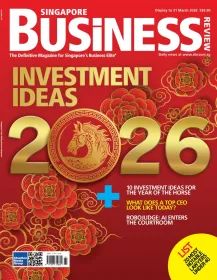
 Advertise
Advertise
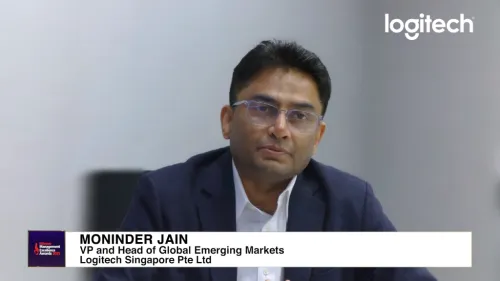



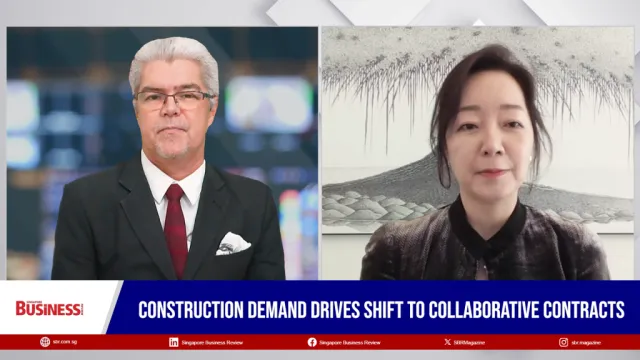
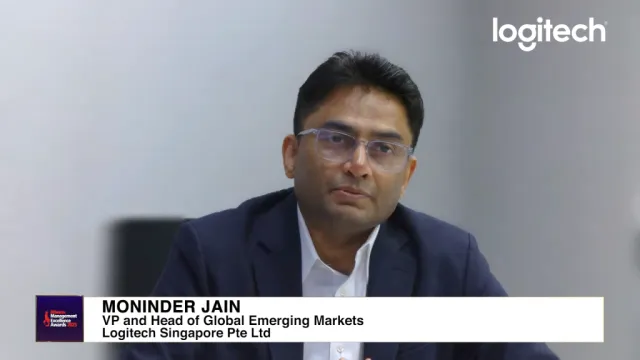
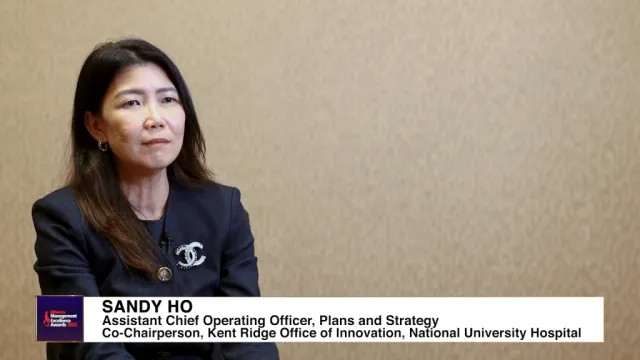









Commentary
Navigating the Rise of Singapore’s Million-Dollar HDB Flats
Navigating the Rise of Singapore’s Million-Dollar HDB Flats
How businesses can successfully influence sustainable consumerism in Singapore
For higher success with startups, bring independent directors on board
Outdated business continuity plans are putting IT infrastructure at risk
In a digital economy, the race is on for tech talent
Staying agile: Navigating the evolving cybersecurity landscape in Singapore
Singapore Companies Eye Vietnam to Navigate Manufacturing Shifts, Green Transition, and the AI Revolution
AI is revolutionising learning: Why should educational institutions in Singapore embrace this change?
Seeking an office space in Singapore: Where do you start?
Gen Z pop culture is key to financial literacy in Southeast Asia
How governments can seize the GenAI opportunity
Smarter, safer digital solutions: How construction companies can prepare for Singapore’s new safety requirements
Making widespread, trustworthy AI adoption a reality in line with Singapore's Budget 2024
Navigating Singapore’s economic future: AI as a catalyst for growth in a changing landscape
Charting Singapore’s tech-driven transformation in Budget 2024
The future of the planet lies in digital enterprises building sustainable operations
Why wellness in Singapore’s communal living is important